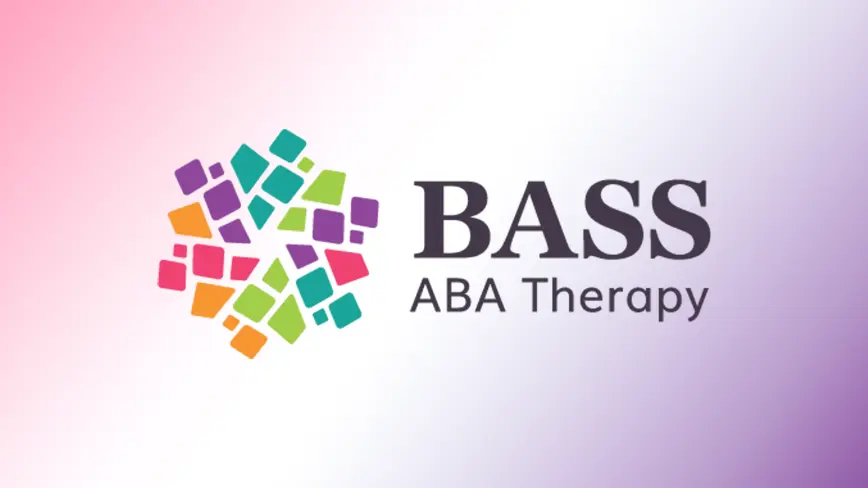The new Ethics Code.
Effective January 1, 2022, the BACB’s new code for Behavior Analysts is "aimed to produce a more efficient and readable code, facilitate code enforcement, and articulate its guiding principles -- all with an eye toward improved consumer protection."
The Ethics Code for Behavior Analysts will replace the Professional and Ethical Compliance Code for Behavior Analysts. The latter went into effect January 1, 2016. For current ethics requirements, continue to refer to the Professional and Ethical Compliance Code for Behavior Analysts until the new code takes effect.
Implementation plans.
Until the new Ethics Code for Behavior Analysts will be enforced for all BCBAs and BCaBAs on January 1, 2022, the BACB encourages certificants, applicants, and trainees, as well as those who supervise others or teach ethics, to become familiar with the Ethics Code for Behavior Analysts and make any needed adjustments to their practices or courses.
To assist with this effort, the BACB has developed a crosswalk document to illustrate how specific Code standards relate to the PECC. They will also be publishing additional resources (e.g., podcasts) designed to increase familiarity with the Code.
The new Ethics Code.
The Ethics Code for Behavior Analysts includes an introduction, a glossary, and the Ethics
Standards sections. The introduction -- a new addition -- serves as a general framework for and guide to the content in the document. It provides descriptions of:
-
The Code’s scope and the BACB’s jurisdiction.
-
The 4 core principles that serve as the Code’s foundation.
-
How the Code should be used.
-
Considerations for ethical decision making.
-
The enforcement procedures.
The 4 core principles should help guide applicants and certificants in applying the Code and making decisions. The principles are that behavior analysts should benefit others; treat others with compassion, dignity, and respect; behave with integrity; and ensure their competence.
The changes.
-
The section on considerations for ethical decision making is intended to provide a general framework that certificants can use to assist in addressing ethical dilemmas.
-
The glossary now appears between the introduction and the Ethics Standards sections rather than at the end of the document.
- This change in location was made to facilitate interaction with the definitions of critical terms appearing in the subsequent standards.
-
4 terms from the original glossary have been omitted, 12 new terms have been added, and all definitions have been revised.
- Note: The first time a glossary term appears in a standards section, it is italicized.
-
The Ethics Standards sections have been reorganized and revised from 10 sections with a total of 169 individual standards (including enumerated standards and substandards designated with lower-case letters) in the PECC to 6 sections with a total of 85 individual standards in the Code.
-
Some elements identified as unenforceable (e.g., those that might have impacted free speech) were removed from the Ethics Standards sections.
-
Elements from the PECC that do not appear in the Code are generally addressed as expectations for professional conduct in the introduction.
-
The Ethics Standards sections are titled (a) Responsibility as a Professional, (b) Responsibility in Practice, (c) Responsibility to Clients and Stakeholders, (d) Responsibility to Supervisees and Trainees, (e) Responsibility in Public Statements, and (f) Responsibility in Research.
A deeper dive.
To read through the specific, substantive changes that have been made, please refer to page 2 of the December 2020 BACB newsletter.
How to prepare for the changes.
You will have numerous resources from the BACB, and CentralReach will also be adding CEU content related to the upcoming changes, as well. Follow us on Facebook, Twitter, Instagram, and LinkedIn to remain in-the-know. You can also regularly check CR Institute, your one-stop shop for ABA learning management, training, and continuing education, to view newly added courses.
About CentralReach
CentralReach is the leading provider of Autism and IDD Care Software, providing the only complete, end-to-end software and services platform that helps children and adults diagnosed with autism spectrum disorder (ASD) and related intellectual and developmental disabilities (IDD) - and those who serve them - unlock potential, achieve better outcomes, and live more independent lives. With its roots in Applied Behavior Analysis, the company is revolutionizing how the lifelong journey of autism and IDD care is enabled at home, school, and work with powerful and intuitive solutions purpose-built for each care setting.
Trusted by more than 200,000 professionals globally, CentralReach is committed to ongoing product advancement, market-leading industry expertise, world-class client satisfaction, and support of the autism and IDD community to propel autism and IDD care into a new era of excellence. For more information, please visit CentralReach.com or follow us on LinkedIn and Facebook.
Media Contact:
CentralReach
pr@centralreach.com





